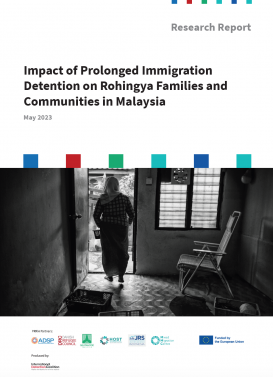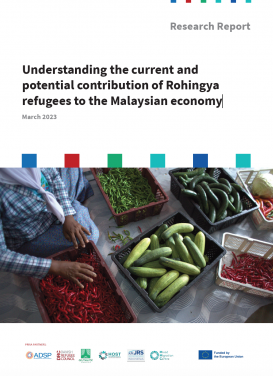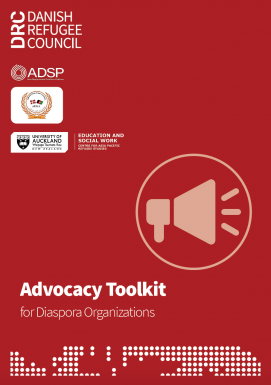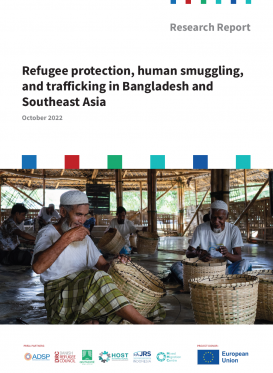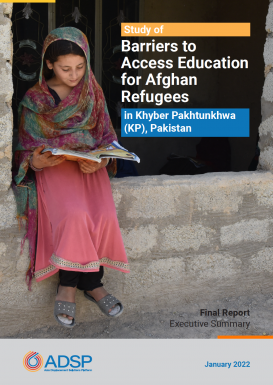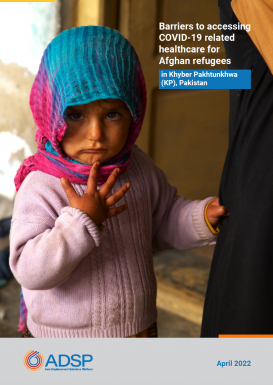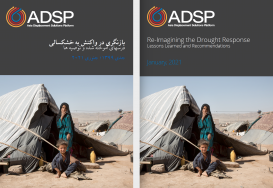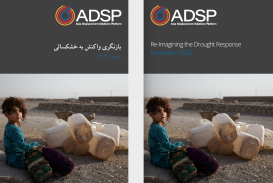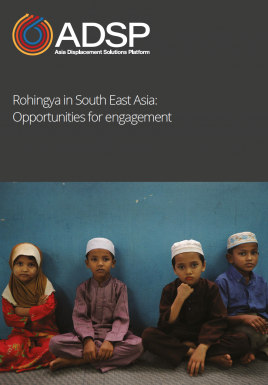ADSP Policy Brief: Realising the Right to Education for Refugee and Stateless Children in Malaysia
Education transforms lives, paving the way to better futures and livelihood opportunities. In times of crisis, including long-term displacement, education can play a life-saving and life-sustaining role. Unfortunately, in Malaysia, refugee and stateless children remain excluded from formal education in public schools and are thus hindered from reaching their full potential. This policy brief is…

